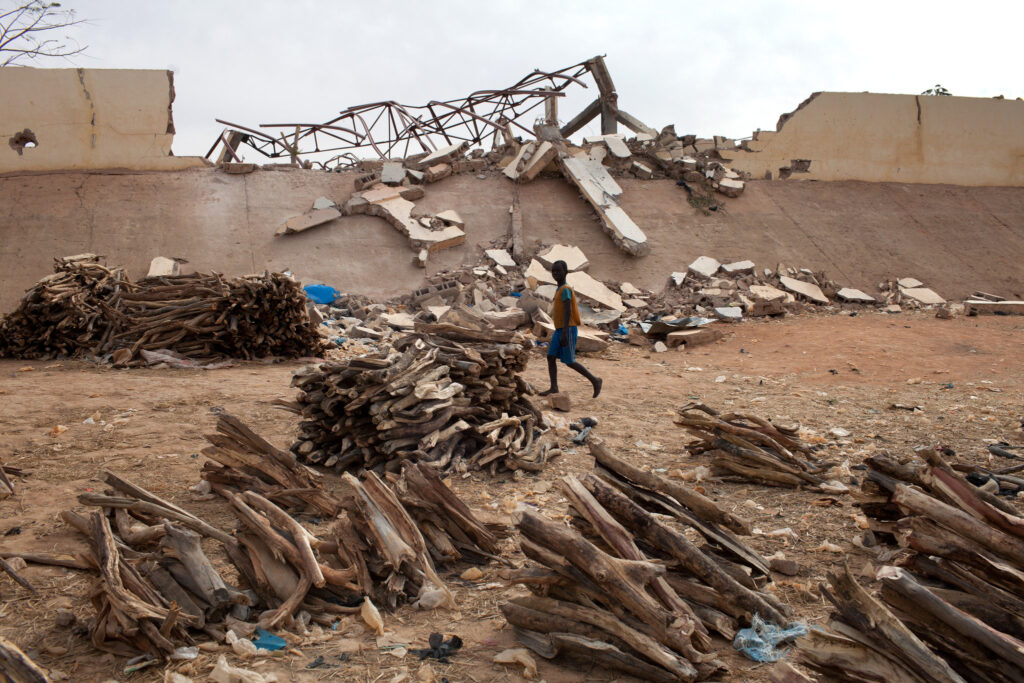Mali has suspended all schools and universities for two weeks following a nationwide fuel shortage caused by a blockade on fuel imports imposed by jihadi militants.
Education Minister Amadou Sy Savane announced the measure on state television Sunday, citing disruptions in fuel supplies that have made it difficult for teachers and students to commute. “Classes will be suspended for two weeks due to disruptions in fuel supplies that are affecting the movement of school staff,” he said.
The crisis stems from a ban announced in early September by militants from the al-Qaida-linked Jama’at Nusrat al-Islam wal-Muslimin (JNIM) group, which prohibited fuel imports from neighboring countries into Mali. The blockade has left hundreds of fuel trucks stranded at the borders, crippling transport and the movement of goods in the landlocked West African nation.
In the capital, Bamako, long queues have formed at fuel stations, while prices of basic commodities and transportation have sharply increased. Analysts warn the fuel crisis poses a significant threat to Mali’s fragile economy and the credibility of the military junta, which seized power in 2020 promising to restore stability.
Despite military efforts to escort fuel trucks into Bamako, several convoys were attacked by militants, further complicating relief operations.
Minister Savane said authorities are working urgently to restore normal supplies before the scheduled reopening of schools on November 10.
Mali, along with neighboring Burkina Faso and Niger, continues to grapple with a decade-long insurgency led by Islamist groups and local militias. The three junta-led nations have expelled French troops and turned to Russian security contractors for support, though analysts say the shift has yielded little improvement in security conditions.


